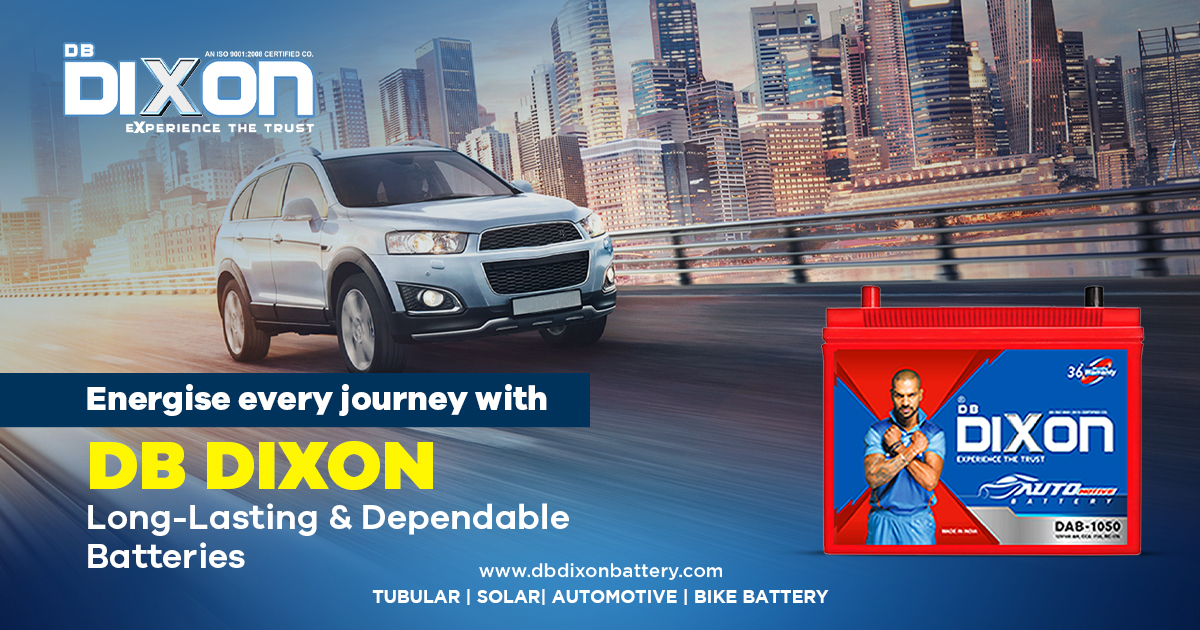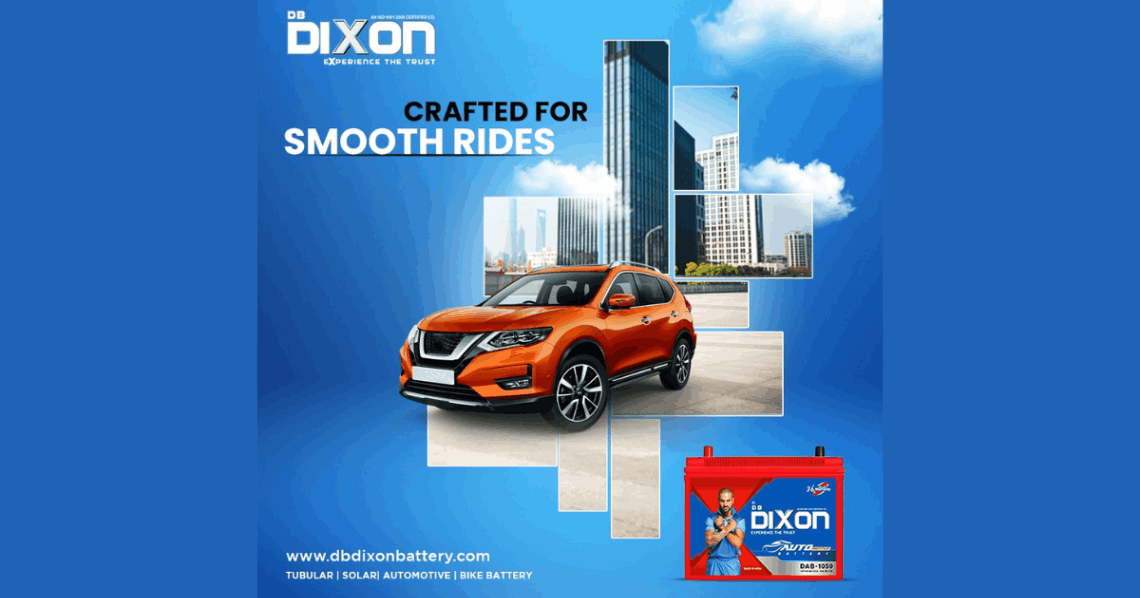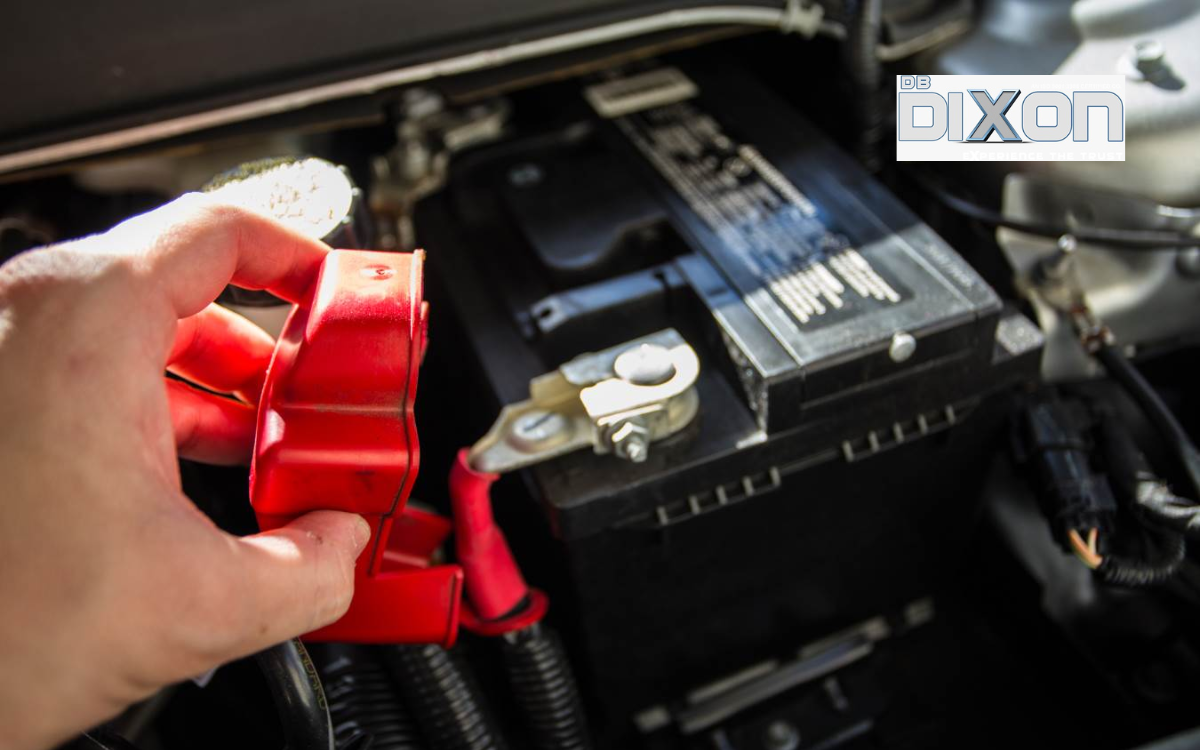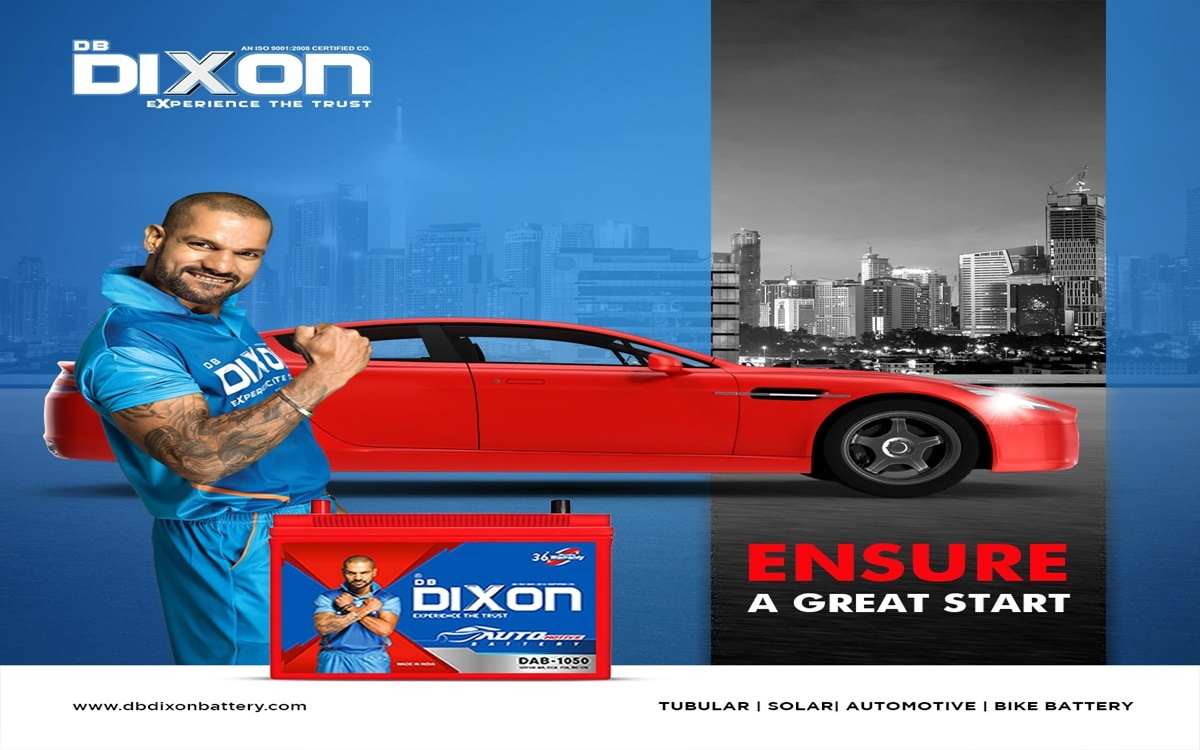Your car’s battery is a crucial component that powers various electrical systems, from starting the engine to operating lights and accessories. Over time, car batteries degrade and lose their ability to hold a charge, eventually requiring replacement. Recognizing the signs of a failing battery is essential to prevent unexpected breakdowns and ensure reliable performance.
In this blog, we’ll explore the telltale signs that indicate your car battery needs replacement, helping you stay ahead of potential issues and maintain your vehicle’s functionality.
Signs Your Car Battery Needs Replacement:
1. Diminished Cranking Power:
One of the most common signs of a failing car battery is difficulty starting the engine. If you notice that your vehicle is slow to crank or requires multiple attempts to start, it could indicate a weak or dying battery. This is often accompanied by a sluggish or labored sound when turning the key in the ignition.
2. Frequent Jump Starts:
Have you found yourself relying on jump-starts more frequently than usual? While jump-starting your car can provide temporary relief, repeated jump-starts are a clear indicator of an underlying battery problem. If your battery consistently fails to hold a charge, it’s a sign that it may be nearing the end of its lifespan and requires replacement.
3. Warning Lights on the Dashboard:
Modern vehicles are equipped with onboard diagnostic systems that monitor various components, including the battery. If your car’s dashboard warning lights, such as the battery or check engine light, illuminate, it’s essential to have the vehicle inspected promptly. Ignoring these warning signs could lead to further damage and costly repairs down the line.
4. Corrosion or Leakage:
Inspect the terminals and casing of your car battery regularly for signs of corrosion or leakage. Corrosion, typically appearing as a white, powdery substance around the terminals, can hinder electrical conductivity and affect battery performance. Additionally, visible leaks or swelling of the battery casing indicate internal damage and necessitate immediate replacement to prevent hazardous conditions.
5. Electrical Issues:
A failing car battery can manifest in various electrical problems within the vehicle. These may include flickering lights, dimming headlights, erratic power windows, or malfunctioning accessories. If you experience any unusual electrical issues while driving, it’s advisable to have your battery and charging system tested by a professional to identify the root cause.
6. Age of the Battery:
Like all automotive components, car batteries have a limited lifespan. Most batteries last between three to five years, depending on factors such as usage, climate, and maintenance. If your battery is approaching or surpassing this timeframe, it’s wise to proactively replace it to avoid unexpected failures and inconvenience.
7. Unusual Odors:
A sulfurous or rotten egg smell emanating from the battery or engine compartment can indicate a malfunctioning battery. This odor is typically caused by a chemical reaction within the battery, such as overcharging or internal short circuits. If you detect any unusual odors while driving or inspecting your vehicle, it’s essential to address the issue promptly to prevent further damage.
Conclusion:
Your car’s battery plays a critical role in ensuring reliable performance and functionality. By familiarizing yourself with the signs of a failing battery and conducting regular inspections, you can proactively address issues before they escalate into costly repairs or roadside emergencies.
If you notice any of the aforementioned signs indicating that your car battery needs replacement, don’t hesitate to consult a qualified mechanic or automotive technician for professional assistance. Investing in a new battery will not only restore your vehicle’s reliability but also provide peace of mind on the road.
Ready to power up your ride? Experience the reliability and performance of DB Dixon car batteries today! Get yours now and hit the road with confidence.




